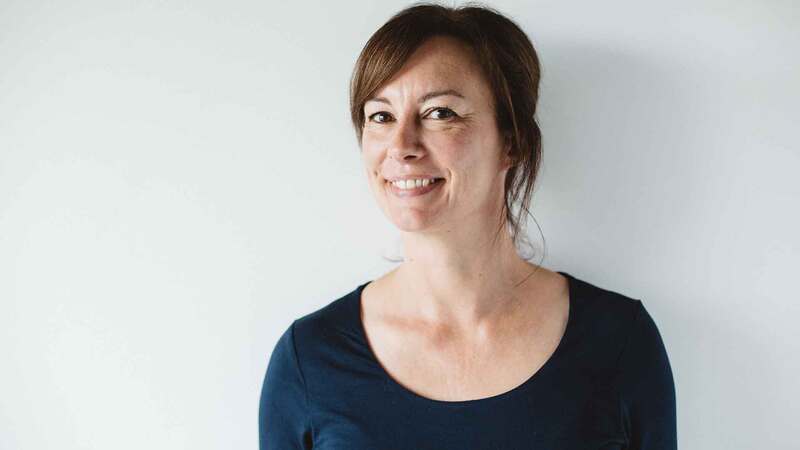You are viewing your 1 free article this month. Login to read more articles.
Roald Dahl sales soar 34% in centenary week
Roald Dahl’s print book sales soared 34% in the week which saw the “biggest ever” global celebration of the much-loved children’s author’s birthday to mark his centenary year.
In total, 59,256 books by Roald Dahl were sold for £283,019 in the week ending 17th September, according to Nielsen BookScan - a 34% boost in volume week on week and a 24% boost in value around the 13th September date, which marked 100 years since the author was born and involved a plethora of nationwide events and a big consumer PR campaign.
Matilda (Puffin), climbed the Top 50, jumping 10 places to 38th. This newest edition of the title, released in February, sold 4,229 copies last week for £19,119 -a 143% boost in volume over the last two weeks.
George’s Marvellous Medicine and Fantastic Mr Fox, meanwhile, both entered the Top 50 for the first time, charting 34th and 35th respectively. George’s Marvellous Medicine sold 4,529 copies, while Fantastic Mr Fox sold 4,438 for £15,172—both weekly highs for each title.
The BFG has been in and out of the Top 50 for weeks, after the success of its Steven Spielberg-directed film adaptation. It hit 30th place last week, selling 5,118 copies for £22,240. Meanwhile, Dahl titles really took over the Children’s and YA Fiction chart. Despite Harry Potter and the Cursed Child holding on for a seventh week as Children's number one, 10 of the author’s books charted in the top 20, with The Twits, Charlie and the Chocolate Factory, The Magic Finger, The Witches and James and the Giant Peach joining the Top 50 chartees.
The Enormous Crocodile, illustrated by Quentin Blake, spent a third week running in the Children’s Pre-School chart, while both the Oxford Roald Dahl Dictionary and Roald Dahl’s Whizzpopping Joke Book hit the Children’s Non-Fiction top 20.
John Collins, brand marketing director at the Roald Dahl literary estate, told The Bookseller he foresaw Dahl’s popularity among the British public continuing “forever”.
“Clearly there is the commercial benefit to selling so many books, but what this also means is that children in 2016 are given the chance to enjoy Roald’s stories just as we all have, and in doing so will eventually want to pass them on to their own children, keeping his stories alive for generations to come,” he said. “Neither his books nor his characters are rooted in time or place, and so are able to travel so well from parent to child, anywhere in the world.”
He added that the estate continued to use Roald’s “creative spirit” to be to find new ways to bring his stories to audiences, such as through stage, TV and film adaptations, and through digital content.
“So we don’t entertain there being a time when Roald’s stories and characters are not a core part of childhood, the world over,” Collins said.
Francesca Dow, managing director Penguin Random House Children’s, said the company’s Puffin imprint was “incredibly proud” to be the publisher of “the world’s Number One storyteller”.
“Throughout the year, we have continued to be surprised and delighted by all the magical and imaginative ways the world has marked his one hundredth year,” she said. “I am thrilled that this year’s celebrations will have brought his amazing stories to a whole new generation of readers, and we are looking forward to building on this success to ensure the world will be celebrating his 200th birthday in just as much style.”


















